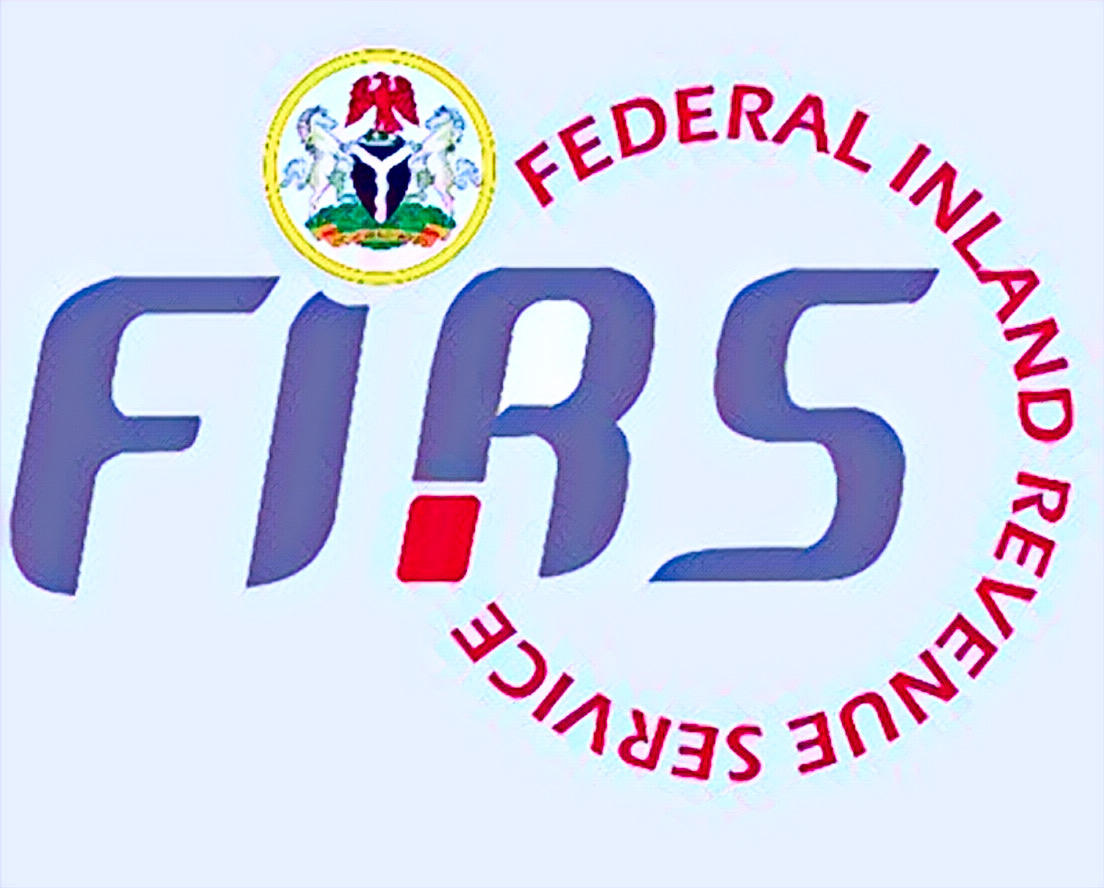Key Points
-
FIRS tax collection growth hit N47.39 trillion over two years.
-
Reforms and digital tools powered the FIRS tax collection growth.
-
Zacch Adedeji vows to sustain the FIRS tax collection growth.
The Federal Inland Revenue Service (FIRS) of Nigeria has set a new record for total tax collection, bringing in N47.39 trillion between October 2023 and September 2025. This is the best performance in the country’s fiscal history.
Dr. Zacch Adedeji, the Executive Chairman of FIRS, made the announcement in Abuja. He called the milestone “a reflection of Nigeria’s renewed tax culture” and “proof that reform works when driven by integrity and innovation.”
He said that the achievement was about 115 percent of the agency’s projected target for the period, showing that they made big strides in collecting non-oil revenue and getting people to follow the rules online.
Reforms and new ideas have led to growth in FIRS tax collection
Adedeji said that the FIRS’s tax collection growth was mostly due to the agency’s reform plan, which focused on openness, using technology, and growing the tax base.
He said that FIRS collected N22.59 trillion between January and September 2025, which was more than the previous year’s record. Non-oil revenue made up 76 percent of the total.
Adedeji said, “The steady shift from oil to non-oil tax sources shows that our economy is strong.” “By using technology and encouraging people to follow the rules, we’ve made tax administration easier, fairer, and more open to everyone.”
He also said that the agency’s new TaxPro Max digital platform has made things more efficient, cut down on leaks, and made it easier to keep an eye on taxpayer accounts in real time.
Digital change drives Growth in FIRS tax collection
FIRS launched a number of technology-based tools under Adedeji’s leadership. These included e-filing systems, the National Single Window Project, and a new taxpayer verification portal.
The changes also included setting up an automated invoicing system and a unified system that connects tax identification numbers (TIN) across all government departments.
FIRS data shows that oil-related taxes brought in N5.29 trillion and non-oil taxes brought in N17.3 trillion during the 2025 fiscal year, both of which were more than the targets.
Adedeji said that digitalisation has not only made it easier to follow the rules, but it has also sped up the process of paying taxes for businesses.
Record collections have made Nigeria’s finances more stable
Economists say that the FIRS tax collection growth is a key step towards making Nigeria’s finances more stable and less reliant on borrowing.
Dr. Ayo Teriba, CEO of Economic Associates, said that the government can pay for infrastructure projects and social programs without relying too much on foreign debt if it can raise more money at home.
Teriba said, “This performance gives Nigeria the fiscal cushion it has needed for a long time.” “The next challenge is making sure these funds are used wisely and openly.”
The Ministry of Finance praised FIRS for going above and beyond what was expected. They said that its change to the Nigeria Revenue Service (NRS) by 2026 will make it even better at collecting and overseeing taxes.
Adedeji said that the agency is still working to build trust between the government and taxpayers. He also said, “To keep this growth going, we need to be consistent, fair, and accountable.” The things we’ve done so far are just the beginning.
The FIRS has set a new standard for managing public money by collecting N47.39 trillion in two years. This could change the course of Nigeria’s economy for years to come.


